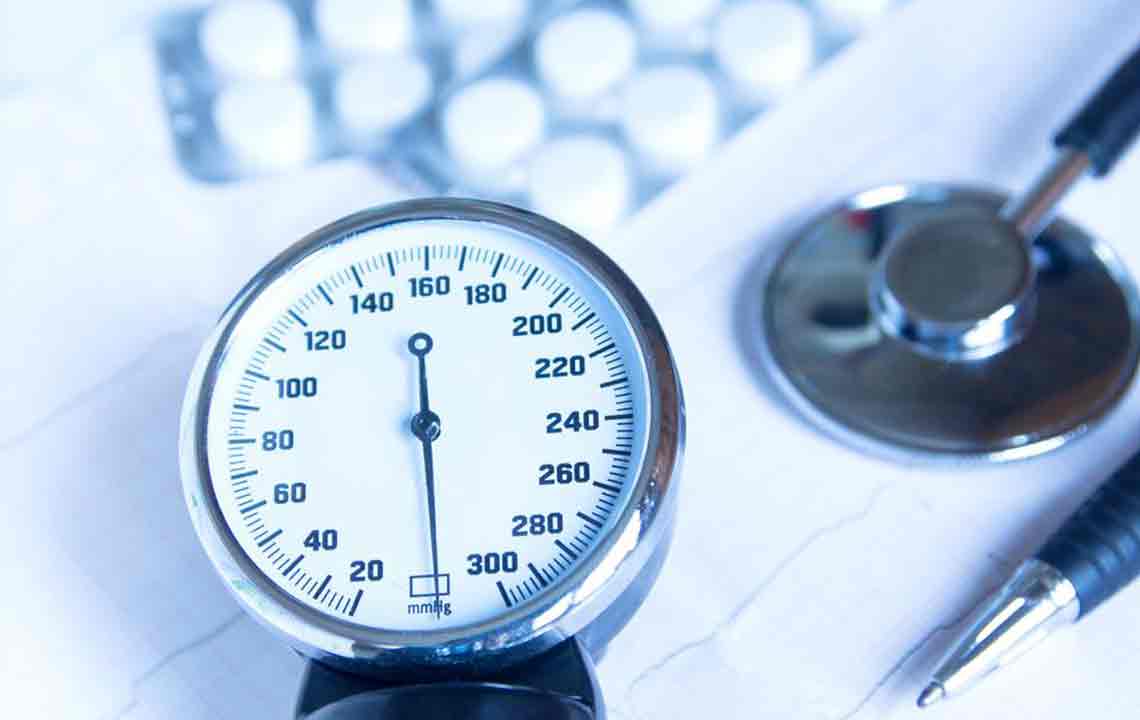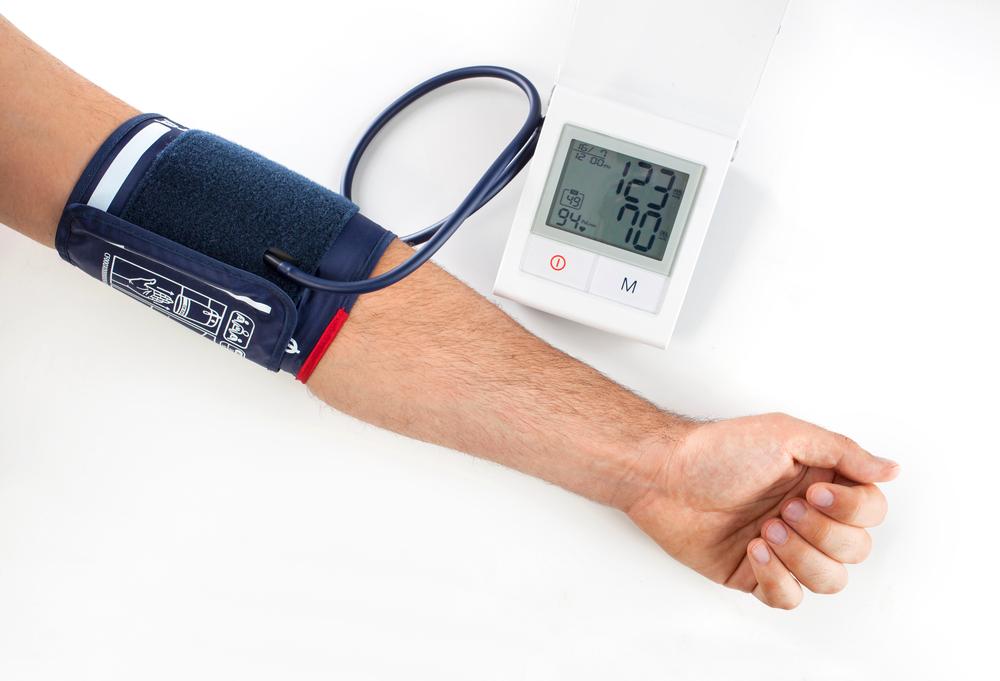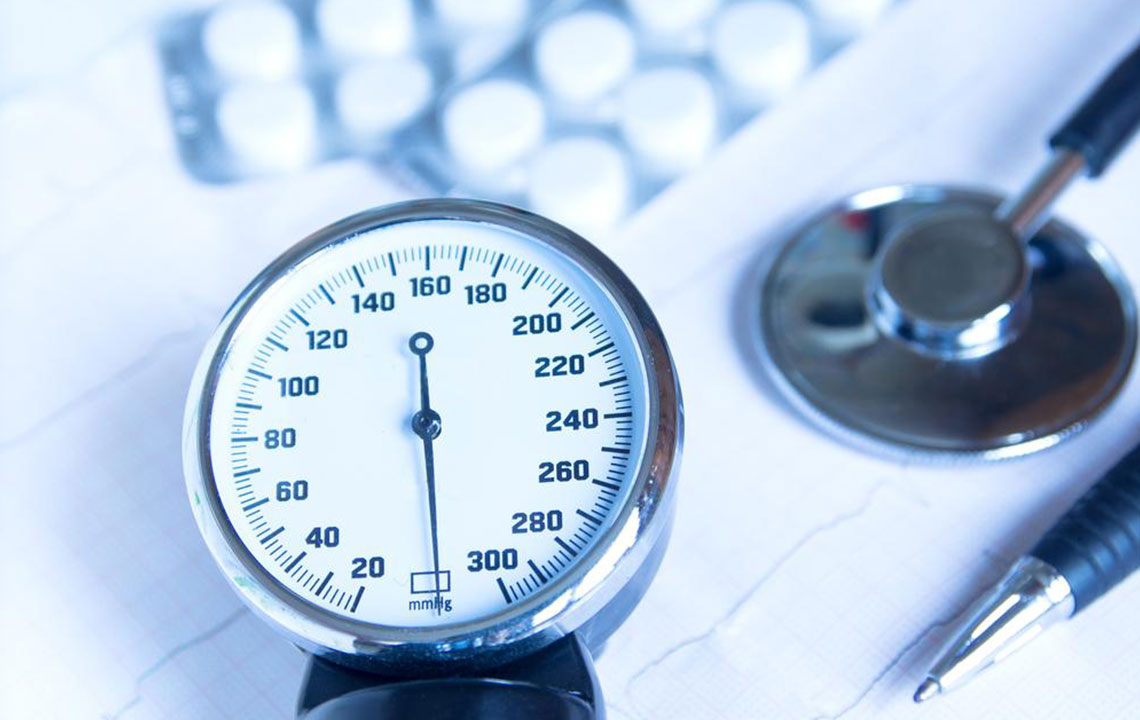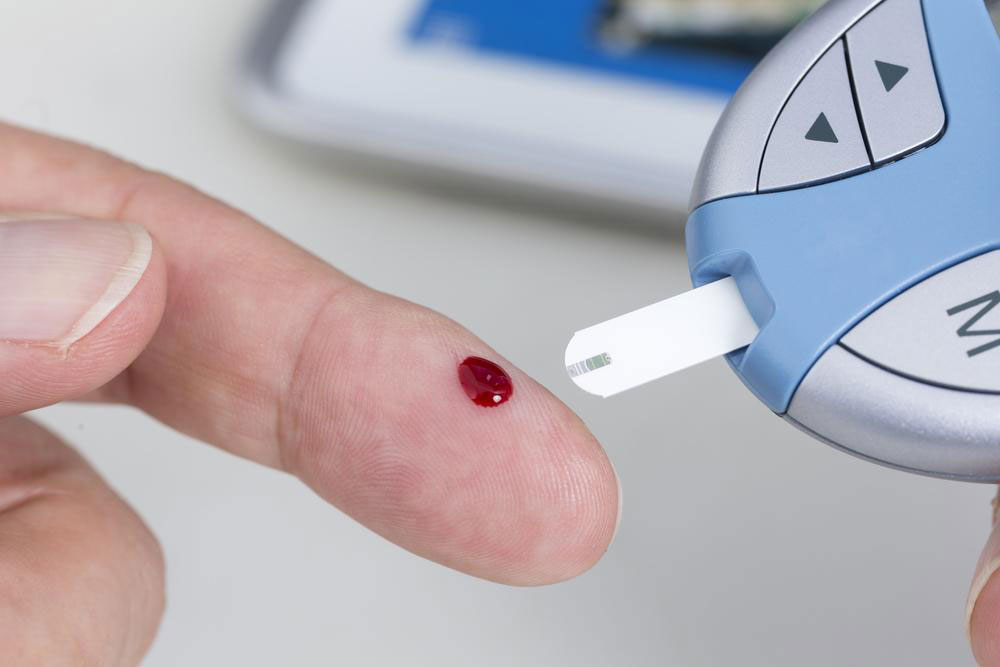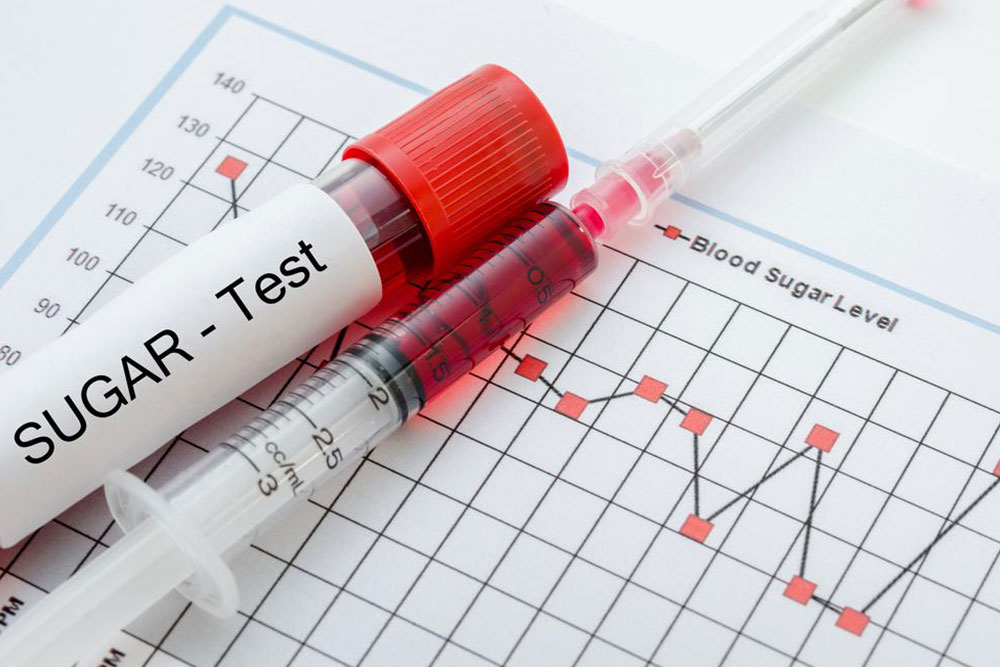Comprehensive Guide to Understanding Blood Pressure Levels
Explore a detailed guide on blood pressure, understanding the normal ranges, factors affecting readings, stages of hypertension, and tips for maintaining healthy levels. Learn how to monitor and prevent blood pressure issues effectively to ensure cardiovascular health.

Comprehensive Guide to Understanding Blood Pressure Levels
The heart plays a vital role in our circulatory system, continuously pumping blood through arteries. The pressure exerted by the heart during this process is known as blood pressure. It is measured using a device called a sphygmomanometer.
Normal versus abnormal blood pressure
Normal blood pressure typically ranges from 120/80 mm Hg. Deviations from this range indicate either high or low blood pressure. Several factors influence blood pressure, including obesity, sedentary lifestyle, high salt and alcohol intake, and genetics.
Understanding systolic and diastolic pressures
The upper value, systolic pressure, reflects the force your heart applies when pumping blood. The lower value, diastolic pressure, measures the pressure when the heart relaxes between beats. As age advances, arteries tend to stiffen, increasing diastolic readings. For example, a reading of 130/90 mm Hg indicates 130 systolic and 90 diastolic pressure. Blood pressure is expressed in millimeters of Mercury (mm Hg).
Deciphering blood pressure readings
The American Heart Association categorizes blood pressure into five stages:
Normal: 120/80 mm Hg; safe levels.
Prehypertension: 120-139/80-89 mm Hg; early warning stage.
Stage 1 Hypertension: 140-159/90-99 mm Hg; consult a doctor.
Stage 2 Hypertension: 160/100 mm Hg or higher; urgent medical attention needed.
Hypertensive Crisis: 180/110 mm Hg or above; emergency condition with possible symptoms like chest pain, numbness, vision issues, and breathing difficulty.
Preventive measures for healthy blood pressure
Maintaining a heart-healthy lifestyle is essential. Regular health checkups help monitor blood pressure. Devices available for home use allow for accurate self-measurement. Staying proactive about your health can prevent complications associated with abnormal blood pressure.
Note:
Our blog offers helpful, research-based information across various health topics. While these articles aim to provide accurate insights, they should not replace professional medical advice. The website is not responsible for discrepancies or inaccuracies and acknowledges that other platforms or schemes may offer additional benefits.

